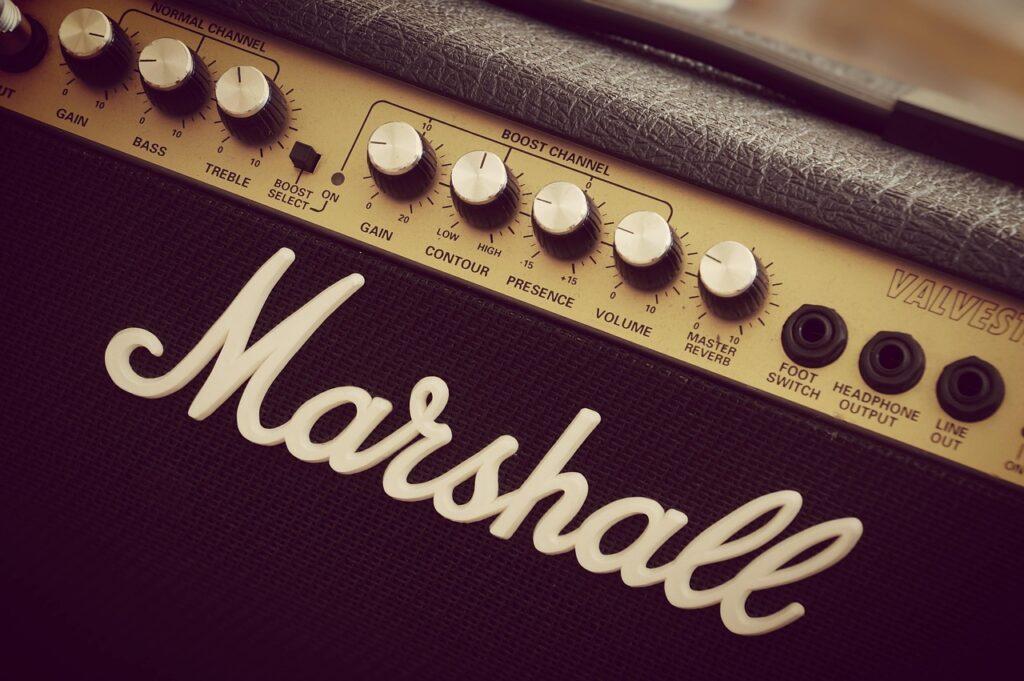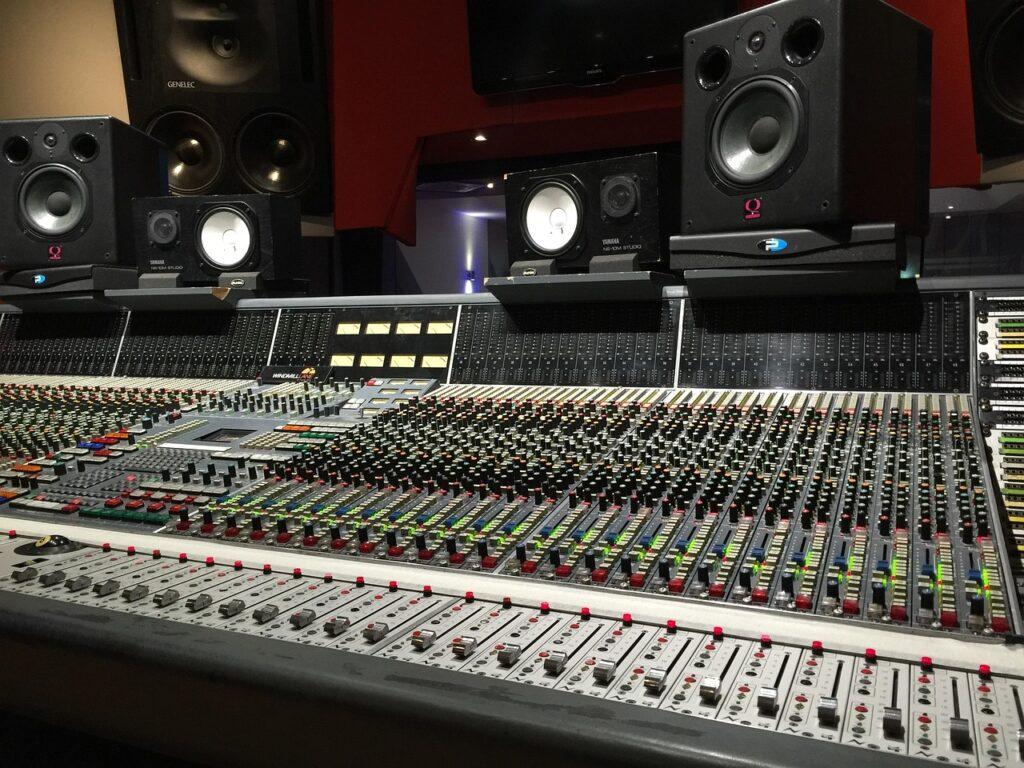Music

Music
Where Did the Word for Music Come From?
The Western term for music comes from the Greeks. The ancient Greeks thought that the arts were inspired by a collection of nine gods called the Muses.
This is understandable, because when a songwriter creates a song, it can feel as if it has come from an outside source. However, it has really come from the intuitive part of the songwriter’s brain.
The idea in mythology was that the Muses channeled creative ideas to singers and instrumental performers, and they in turn created their art.
On the other hand, some cultures lack an equivalent word for music. For instance, in some parts of the world the word for singing remains the same as the word for praying.
Music in the Non-Western World
For most of the world’s history, songs have been about more than just entertainment. It helped pull people together and bind them as a community. It would be hard to imagine a church service, sporting event, or school rally without songs.
Songs have often had important roles in life cycle events: births, deaths, seasonal songs, coming of age, work songs, and holidays.
Music in the Western World
Composers and songwriters sculpt sound into compositions. In Western culture, we usually view it as entertainment. This mostly likely results from the structure of free market societies, which always looks for ways to monetize products and services.
The Music Archive includes posts on different ways of learning to sing, play instruments, and compose. However, the list below focuses on songwriting posts.
Songwriting Posts on Melody and Harmony Composition:
See the posts below for full descriptions.
– Geoffrey Keith
© 2022 Geoffrey Keith
Back to the Successful Music Student Blogs page
Do you want to learn how to write a melody? A melody is a series of notes that sound in rhythmic sequence. In a song, it’s the musical part that the lead vocalist sings. It’s the main focus of the music, because it’s what sells the song. Keep reading “What’s a Melody (and How to Write Strong Ones)” to learn what it is and how it works. Estimated reading time 3 minutes.
What’s a Melody (and How to Write Strong Ones) Read More »
Do you want to know what the word attenuation means? Do you need to know what the attenuation control on your soundboard does? If you want the songs and demos you produce in your home recording studio to sound good, you need to understand how your gear works. This includes volume-related equipment such as limiters, compressors, and your soundboard’s various gain and attenuation controls. Keep reading “What Exactly Is Attenuation for Home Recording Studios” to find out what attenuation is and how it works in sound recording. Estimated reading time 4 minutes.
What Exactly Is Attenuation for Home Recording Studios Read More »
Have you ever seen a crazy chromatic scale or chord and wondered why it works? Do you want to understand how to write them? Chromatic notes and harmonies are effective because they take bad sounding dissonance and resolve it to good sounding consonance. Keep reading “Why Do Crazy Chromatic Notes and Chords Work?” to learn how chromatic harmony functions. Estimated reading time 3 minutes.
Why Do Crazy Chromatic Notes and Chords Work? Read More »
Have you been looking at gear and want to know whether tube amps or amp modelers are the better option for your guitar sound? Tube amps are old school and amp modelers are state of the art. However, each has its own advantages and disadvantages. Keep reading “Hot Tube Amps Versus Cool Recording Studio Modelers” to learn the benefits of each. Estimated reading time 3 minutes.
Hot Tube Amps Versus Cool Recording Studio Modelers Read More »
Do you want to know how easy it is to play accordion? The accordion is a versatile instrument that’s a dominant force in folk and ethnic music around the world. However, the playing difficulty depends on which type of instrument you’re talking about. Keep reading “How Easy (or Difficult) Is it to Play Accordion?” to learn more. Estimated reading time 3 minutes.
How Easy (or Difficult) Is it to Play Accordion? Read More »
Do you need to know what a groove is? Do you want to learn how to write incredibly cool songs? The groove is the part of your song that makes you want to move to the beat. However, writing successful songs isn’t magic – it’s a skill that can be learned. Keep reading “What’s a Groove? (Including How to Write Hot Songs)” to learn how to write a killer groove. Estimated reading time 4 minutes.
What’s a Groove? (Including How to Write Hot Songs) Read More »
Are you confused about how dissonant seventh chords work? Do you want to know how to make them sound incredibly good? Have you ever looked in a chord dictionary, seen a diagram of a crazy seventh chord, played it, and then wondered: “How am I going to use that thing?” That’s because dissonant harmony sounds tense and unstable. Keep reading “What Does Dissonance Mean for Basic Seventh Chords?” to learn how to make them sound smooth and satisfying. Estimated reading time 3 minutes.
What Does Dissonance Mean for Basic Seventh Chords? Read More »
Do you want to know what a song accompaniment is? Do you want to know the basics for writing them? An accompaniment is an arrangement for the backing instruments that support your song’s principal melody. Keep reading “What’re the Basics of an Accompaniment in a Song?” to learn more about what it is and how it works. Estimated reading time 3 minutes.
What’re the Basics of an Accompaniment in a Song? Read More »
Are you passionate about playing guitar? Do you want to turbo charge your learning using guitar tab? Guitar tab is a popular music notation that can help you master guitar songs quickly and easily. Keep reading “How to Read Basic Guitar Tab for Beginners” to learn what it is and how it works. Estimated reading time 4 minutes.
How to Read Basic Guitar Tab for Beginners Read More »
Do you want to know what the word equalization means? Do you want to know how to EQ your song mix? Equalization (EQ) is a potent means for creatively sculpting the sound of your song’s mix. However, if you want to be really good at applying EQ to a mix, you need to train your ears to hear what the mix needs. Keep reading “How to Employ Effective Equalization on Your Song” to improve your listening skills. Estimated reading time 3 minutes.
How to Employ Effective Equalization on Your Song Read More »











